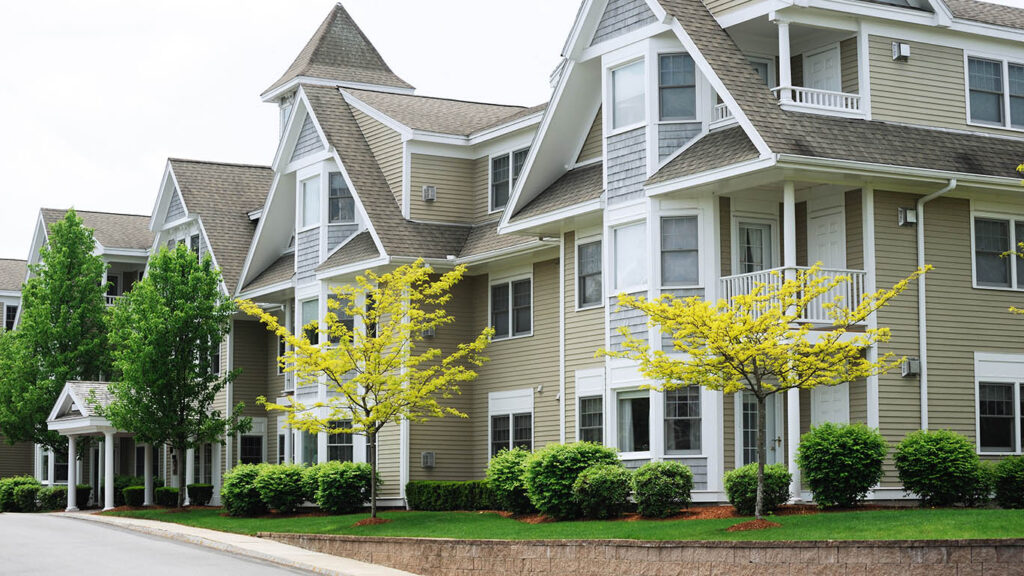Condo Insurance Unveiled

Condo Insurance Unveiled: Know the Difference and Discover its Importance
The ins and outs of insurance can sometimes feel overwhelming. One area of property insurance that frequently needs clarification is condo insurance. With so many similarities to homeowners insurance, understanding the unique characteristics of condo insurance is essential for those who own or are considering purchasing a condominium. This blog post is here to simplify it for you.
What is Condo Insurance?
Condo insurance, often called an HO-6 insurance policy, is designed explicitly for condo owners. Its primary function covers personal property damage, liability for injuries sustained inside the unit, and any potential structural damage to the condo’s interior. Another crucial aspect is the coverage it offers for any improvements you make to your unit.
Condo versus Homeowners Insurance: What’s the Difference?
While there are similarities between condo and homeowners insurance, their differences lie mainly in the type of home they cover and the extent of the structure they protect.
Structure Coverage
Condos – Typically, condo associations have a master policy that covers damages to the building’s exterior and common areas. Individual condo insurance is needed to protect the unit’s interior and personal belongings.
Homeowners – This covers the house’s interior and exterior, along with any structures on the property like garages, sheds, etc.
Extent of Coverage
Condo Condo owners are usually only responsible for the interior of their units. This can include flooring, walls, cabinets, and fixtures. The condo association’s policy typically covers the condo building, exterior, and common areas.
Homeowners – Homeowners need to think about the entirety of their property – from the roof to the foundation and even the land it sits on.
Cost
Condo – Often less expensive than homeowners insurance because it covers a smaller area (just the interior of the unit and personal belongings).
Homeowners – More comprehensive, hence generally pricier.
Areas of Condo Insurance:
Personal Property Coverage – This is the most straightforward part of condo insurance. It protects the contents of your condo – from furniture to electronics, clothes to kitchenware. In case of theft, vandalism, or certain types of damage, you can claim the cost to repair or replace these items.
Liability Protection – If someone is injured while inside your unit or if you accidentally damage another person’s property, this coverage can protect you from potentially high costs. For instance, if a visitor trips over a rug in your condo and is injured, your liability coverage can help cover their medical bills.
Building Property Protection – While the condo association’s master policy generally covers the building’s exterior, as a condo owner, you’re typically responsible for the interior. If there’s damage to the inner walls, floors, or ceilings, it is up to you to cover repair costs. Building property protection in a condo insurance policy ensures coverage for such instances.
Loss Assessment: Condos share the responsibility of common areas. In situations where damage occurs in these areas or if someone is injured, and the condo association’s master policy isn’t sufficient to cover the costs, the condo owners might be required to chip in. Loss assessment coverage offers protection in these instances by covering your share of the extra costs.
Wrapping It Up
Condo living offers a blend of home ownership and the convenience of having some responsibilities taken care of by the condo association. But it’s essential to recognize where the condo association’s responsibilities end, and yours begin. Condo insurance ensures you’re adequately protected in areas where the condo association’s policy doesn’t extend. Understanding condo insurance is an investment in peace of mind.
Next Week we will cover the Master Policy for the association. We will review how that might interact with your own personal Condo Policy. These overlapping coverage and responsibility areas often must be clarified to Condo owners and Boards. At Greater Pittsburgh Insurance Consultants, we pride ourselves on explaining complex items like these. We like helping our clients make sense of them. Reach out to us today if you need clarification and need assistance.
Disclaimer: This blog post aims to deliver general information. You should not interpret it as legal or financial advice. As everyone’s situation varies, please consult your insurance advisor for advice that suits your unique circumstances.
